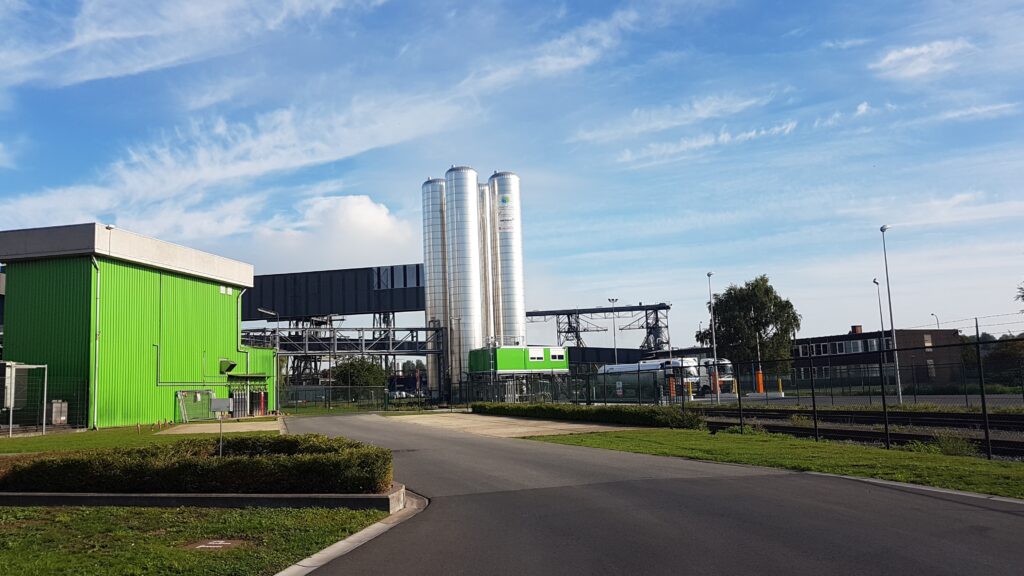Carbon-capture in renewable ethanol production highlighted as an EU bioeconomy best-practice
A new brochure from the European Bioeconomy Alliance (EUBA) highlights on-the-ground projects across the bioeconomy value chain. The projects are a collection of contributions from EUBA members showing how these sectors already contribute to the goals of various EU strategies and its Green Agenda. These projects outline technologies and solutions to use or reuse biobased materials and create alternatives to fossil-based ones, or to reduce and/or capture their CO2 emissions, supporting the transition away from a fossil-fuel based economy.
ePURE member Alco Bio Fuel, Messer Benelux and Ijsfabriek Strombeek have invested in a CO2 capture process at the Alco Bio Fuel ethanol refinery in Ghent. As renewable ethanol is produced, 160,000 tonnes of CO2 are captured annually for use in other sectors – avoiding the need for CO2 of fossil origin. At Alco Energy Rotterdam, an additional 400,000 tonnes of CO2 is captured yearly.
European renewable ethanol production is integral to meeting EU climate objectives, and it makes a strategic contribution to energy independence and food security. Ethanol production creates not just renewable fuel to reduce emissions from road transport, but also highquality and high-protein animal feed. In this project, it also creates CO2 for use in greenhouses and beverage applications.
European ethanol biorefineries are constantly innovating and improving their sustainability. ePURE members’ ethanol reduces emissions by more than 76% on average compared to fossil petrol. Thanks to capturing the biogenic CO2, the emission savings of ethanol can be as high as 95%. With the new innovations come additional co-products to reduce Europe’s fossil dependence.
